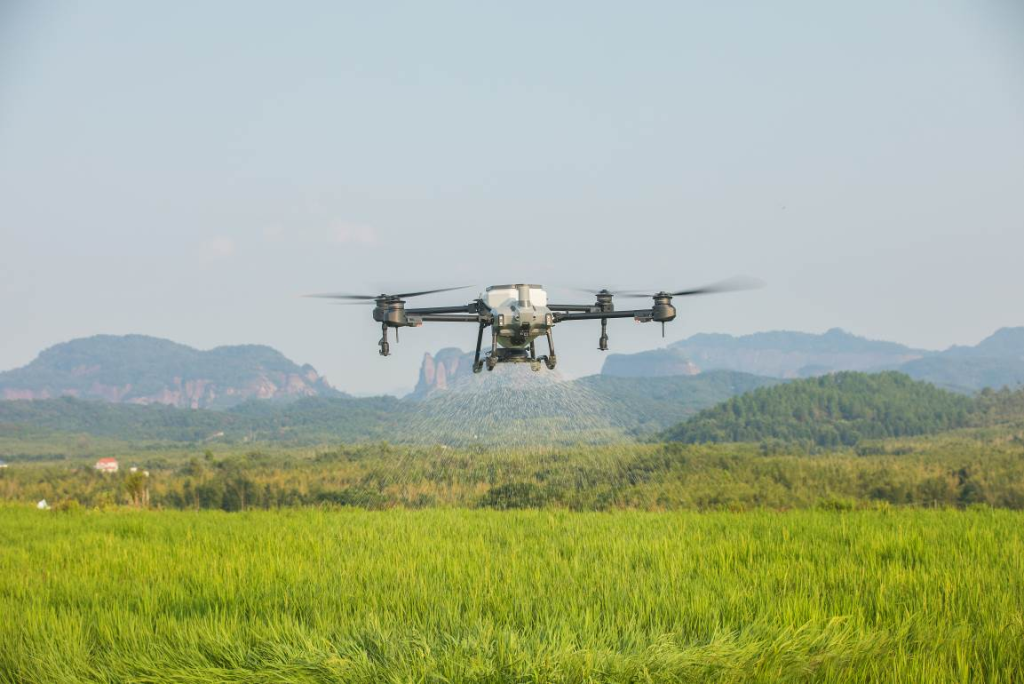Artificial intelligence (AI) plays a central role in the success of unmanned farms. These farms rely on AI algorithms to make critical decisions, manage operations, and optimize agricultural practices. In this article, we’ll explore the pivotal role of AI in unmanned farming.
AI is used extensively in data analysis and decision-making within unmanned farms. Sensors and cameras collect vast amounts of data related to soil conditions, weather patterns, crop health, and more. AI algorithms process this data in real-time to make informed decisions. For example, AI can determine when and where to irrigate, which areas require pest control, and when it’s the optimal time to harvest.
One of the key advantages of AI in unmanned farming is its ability to adapt to changing conditions. AI algorithms can learn and improve over time, leading to increasingly efficient and effective farming practices. As the system gathers more data, it becomes better at predicting crop outcomes and optimizing resource allocation.
AI also enables predictive maintenance in unmanned farms. Robots and drones are essential components of these farms, and AI can monitor their performance and predict when maintenance is needed. This proactive approach minimizes downtime and ensures that the equipment is operating at peak efficiency.
Moreover, AI facilitates precision agriculture in unmanned farms. It enables the planting of crops with pinpoint accuracy, ensuring that each seed is placed optimally for growth. This precision extends to other aspects of farming, such as the targeted application of fertilizers and pesticides, reducing waste and environmental impact.
Despite its numerous advantages, AI in unmanned farming is not without challenges. Data security and privacy concerns need to be addressed to protect sensitive agricultural information. Additionally, farmers and operators need training to understand and use AI-based systems effectively.
In conclusion, AI is a driving force behind the success of unmanned farms. It empowers these farms to make data-driven decisions, optimize operations, and achieve higher levels of productivity and sustainability. As AI technology continues to advance, it is likely that unmanned farms will become even more efficient and essential in addressing the future’s agricultural challenges.







Please sign in to comment
register